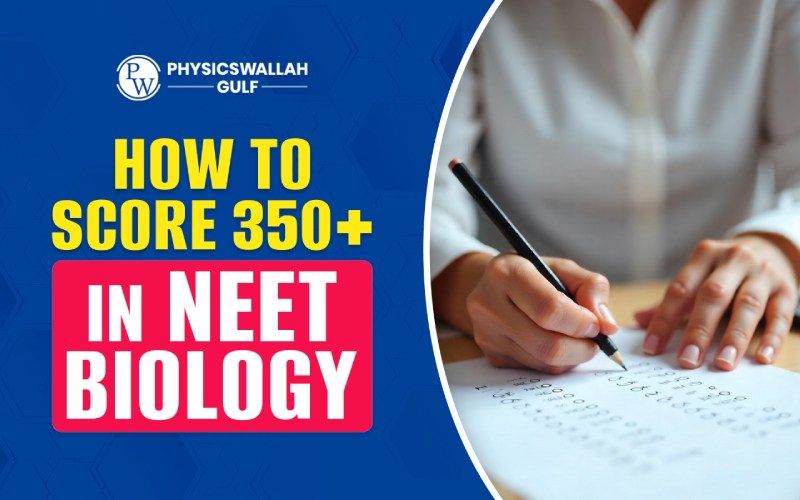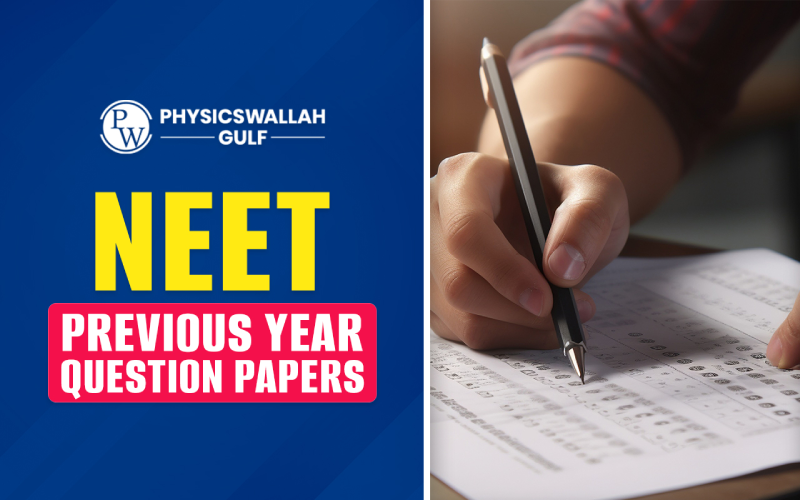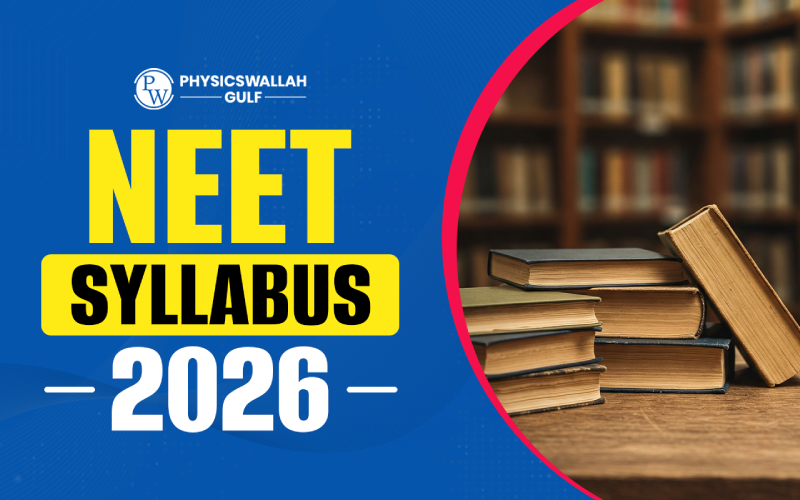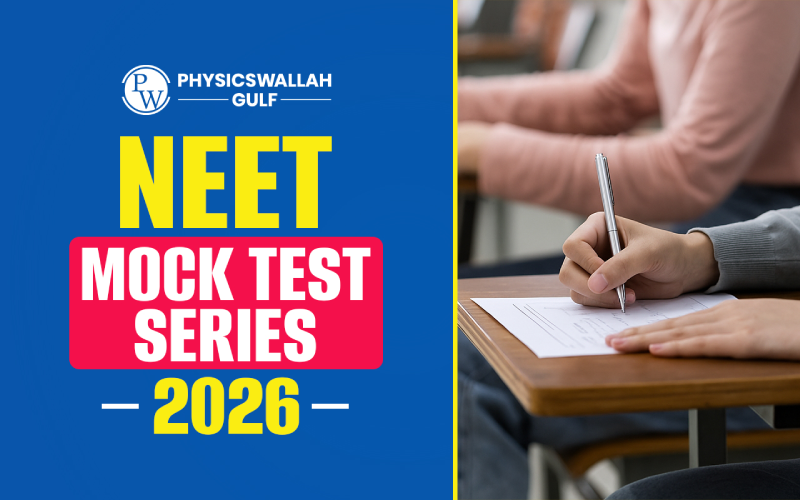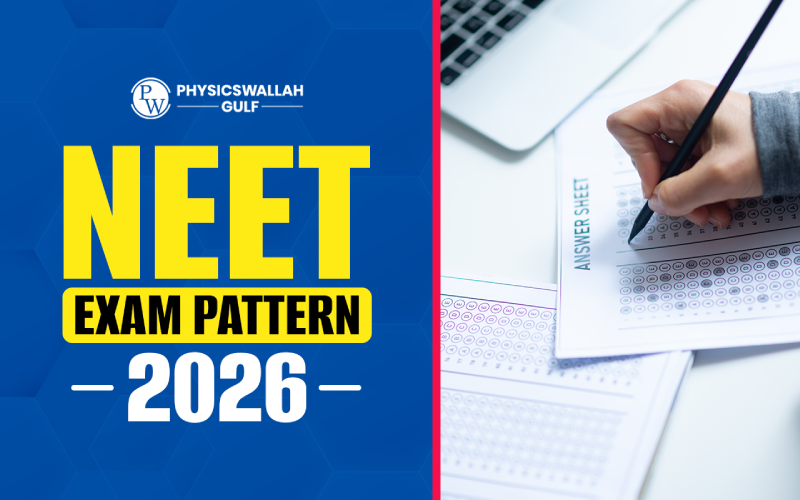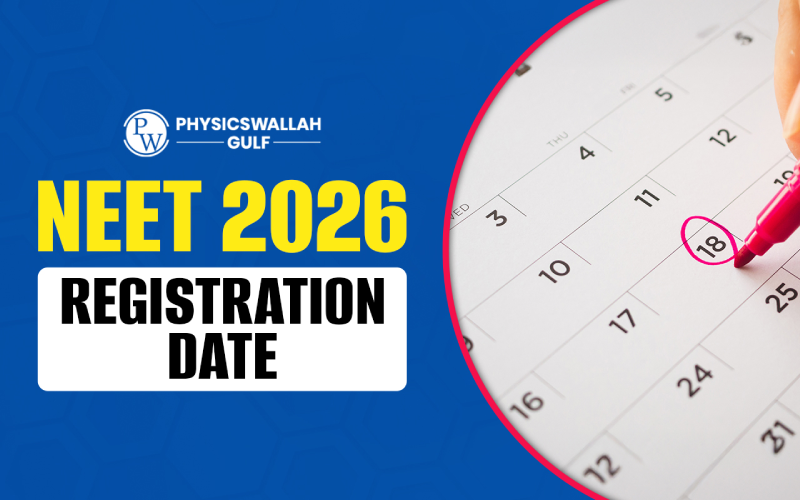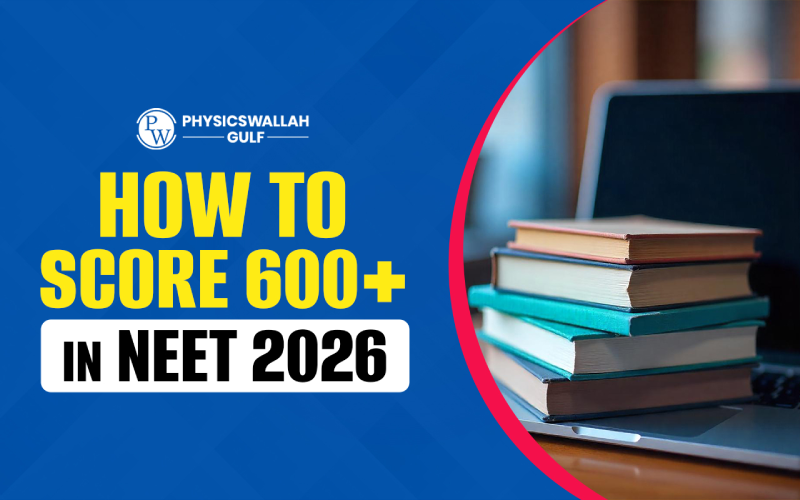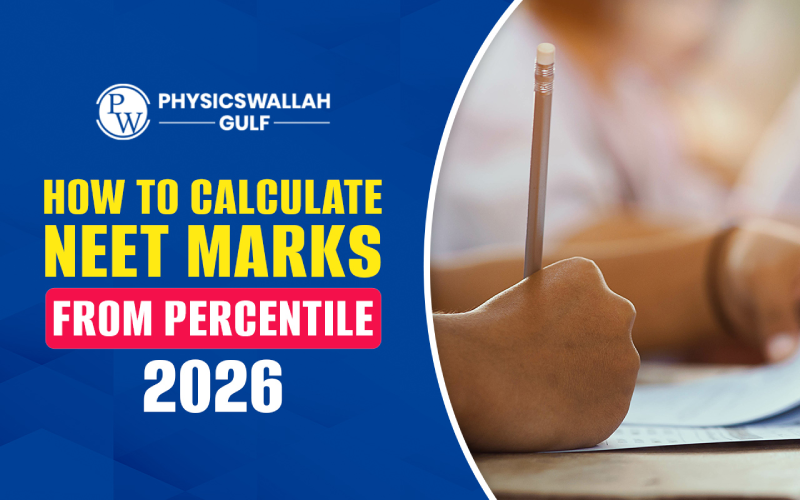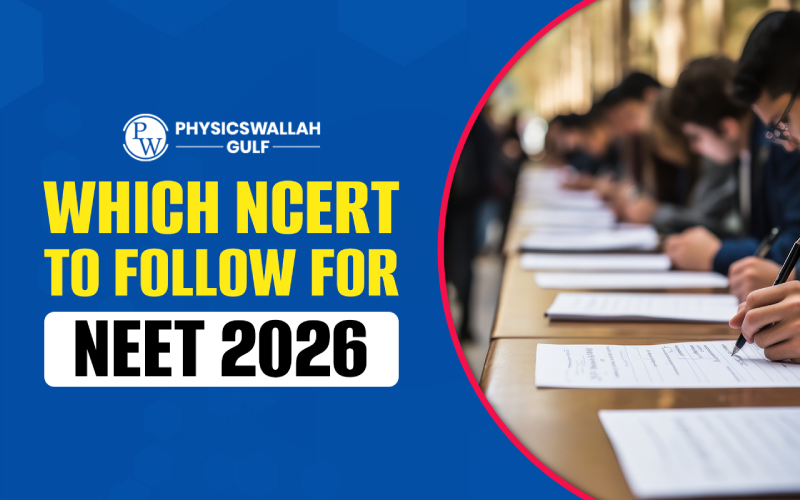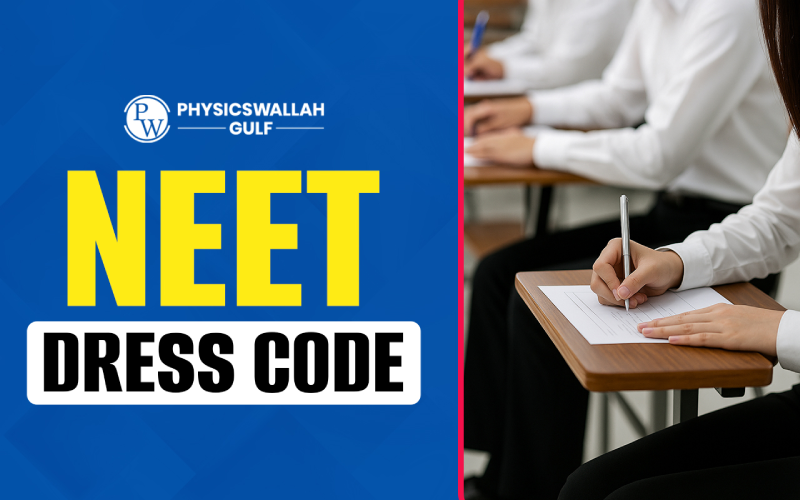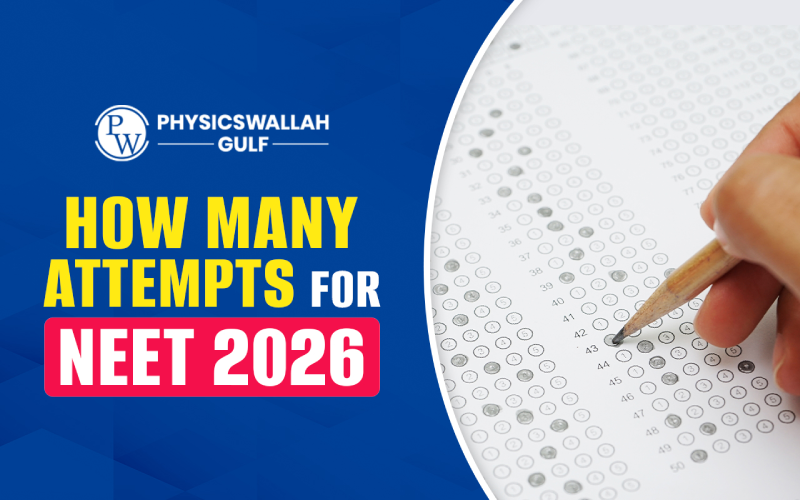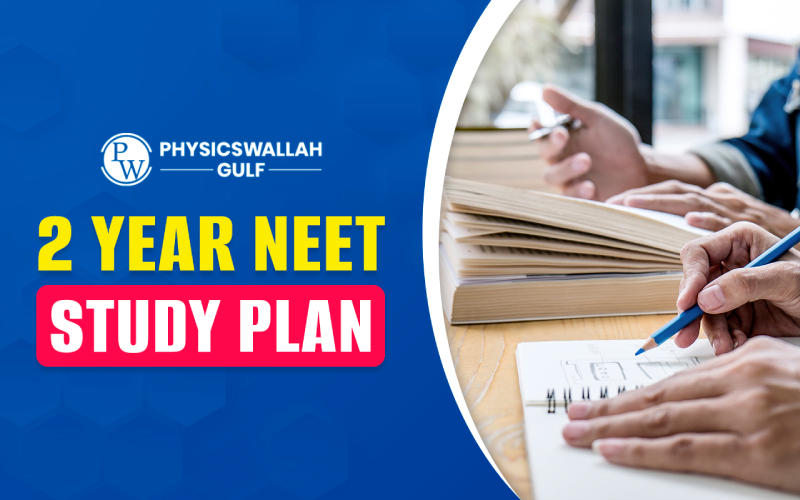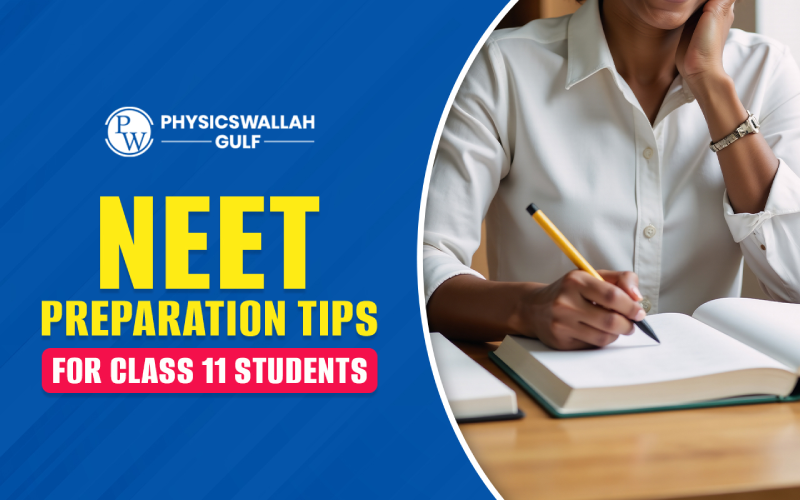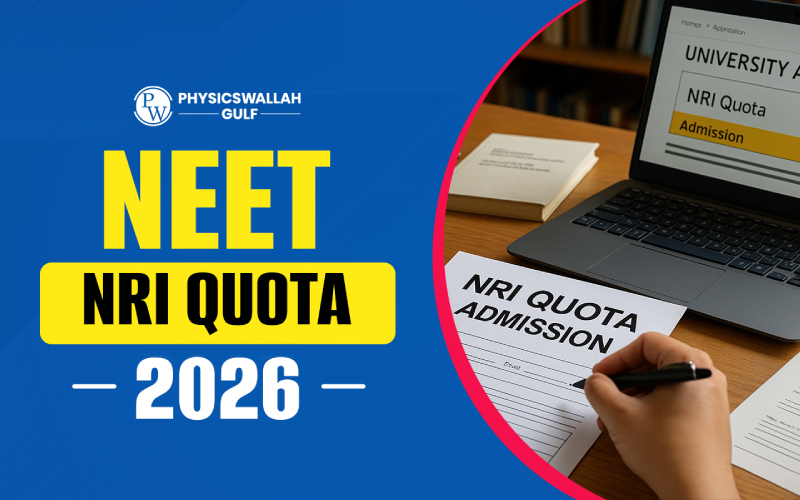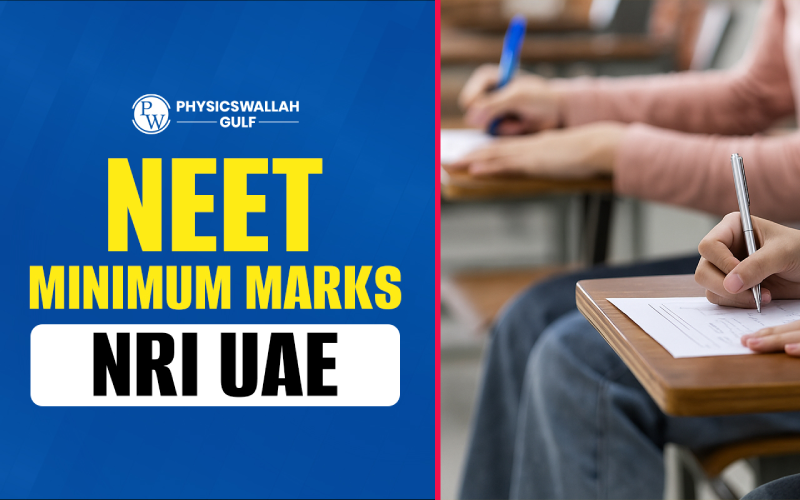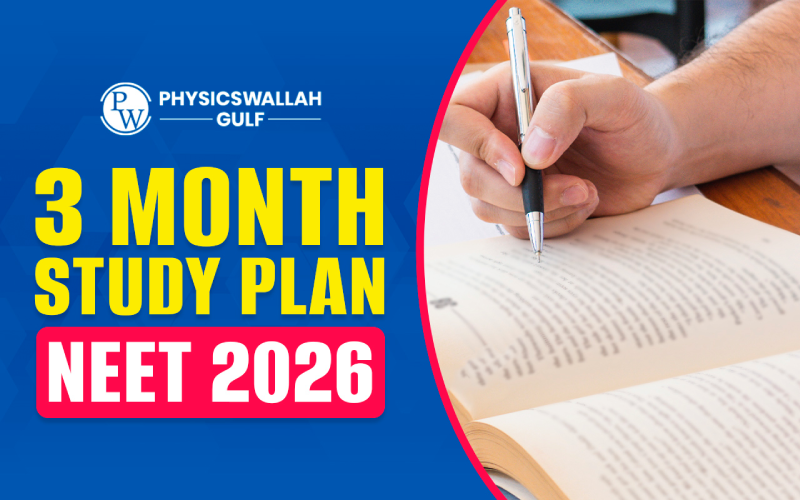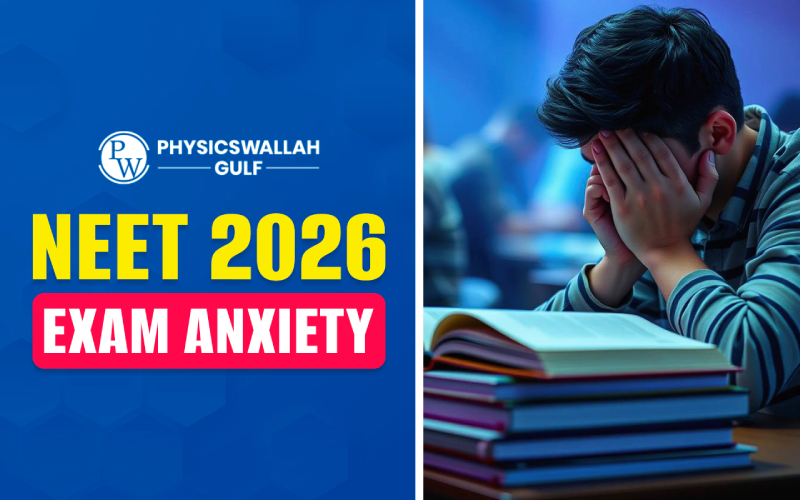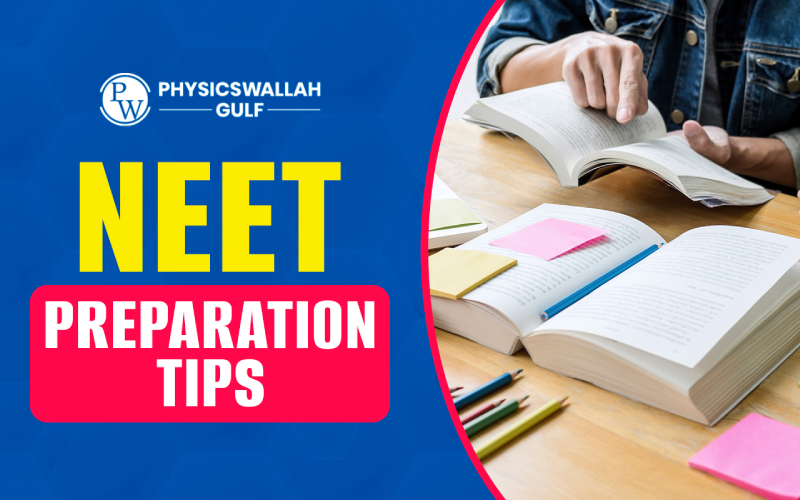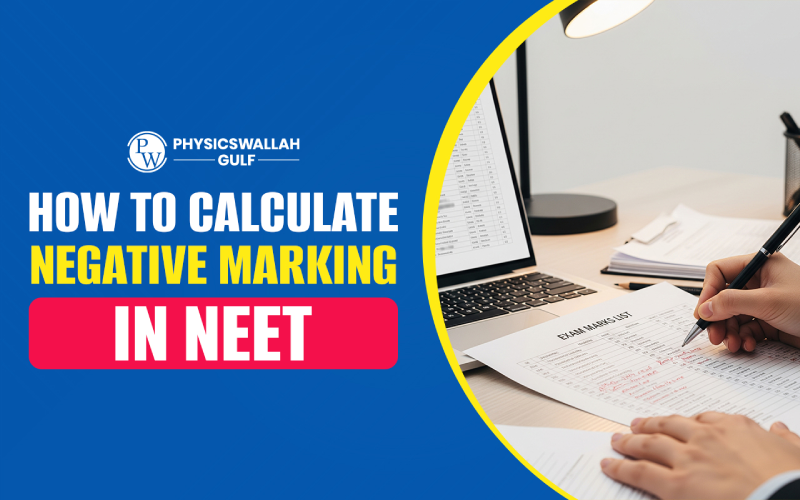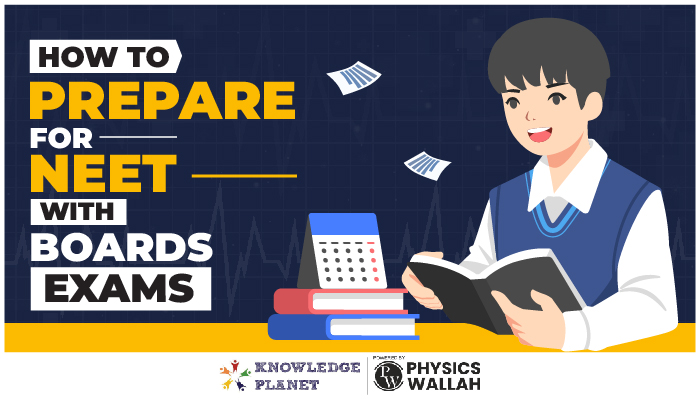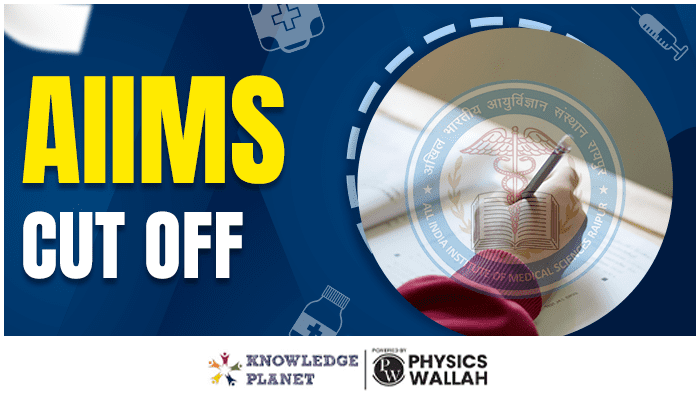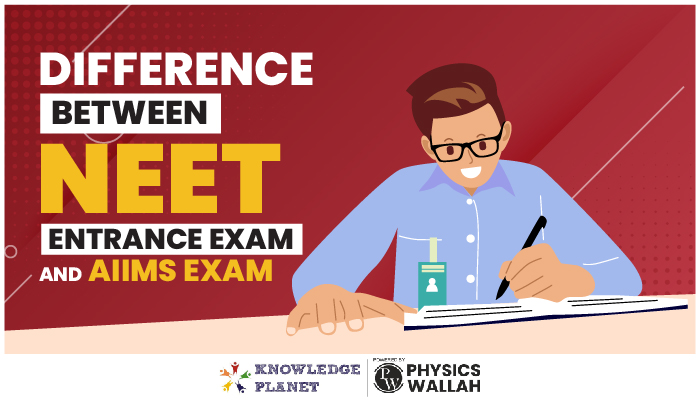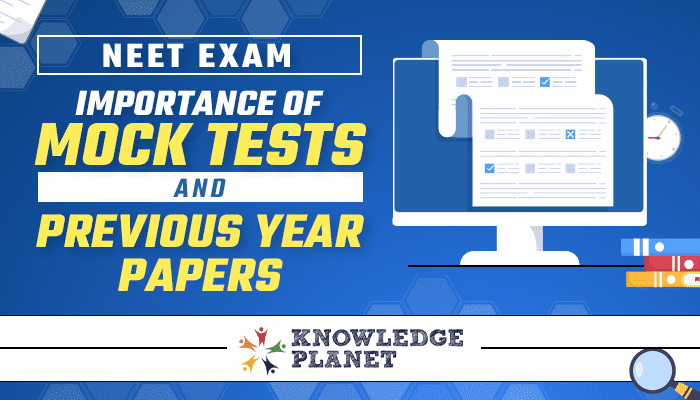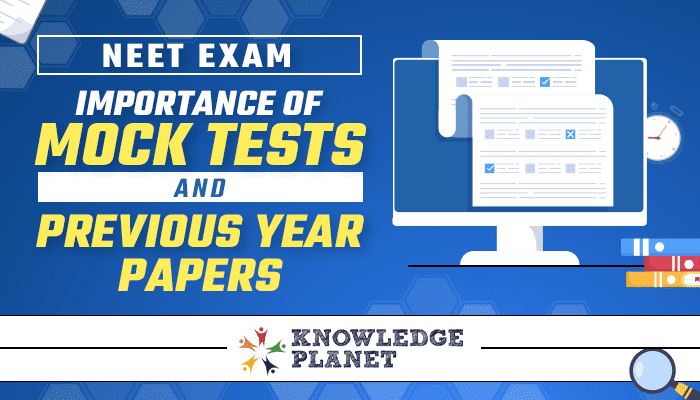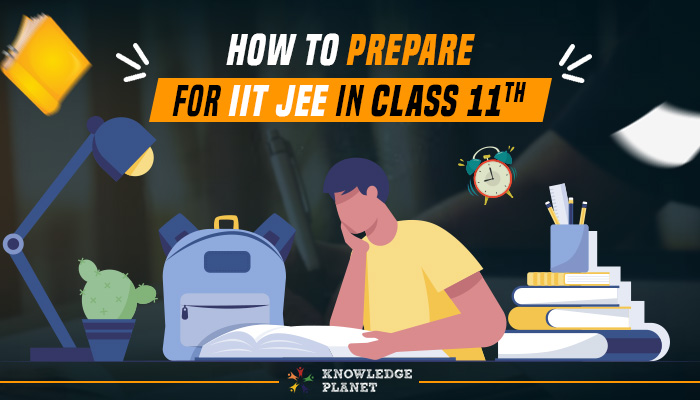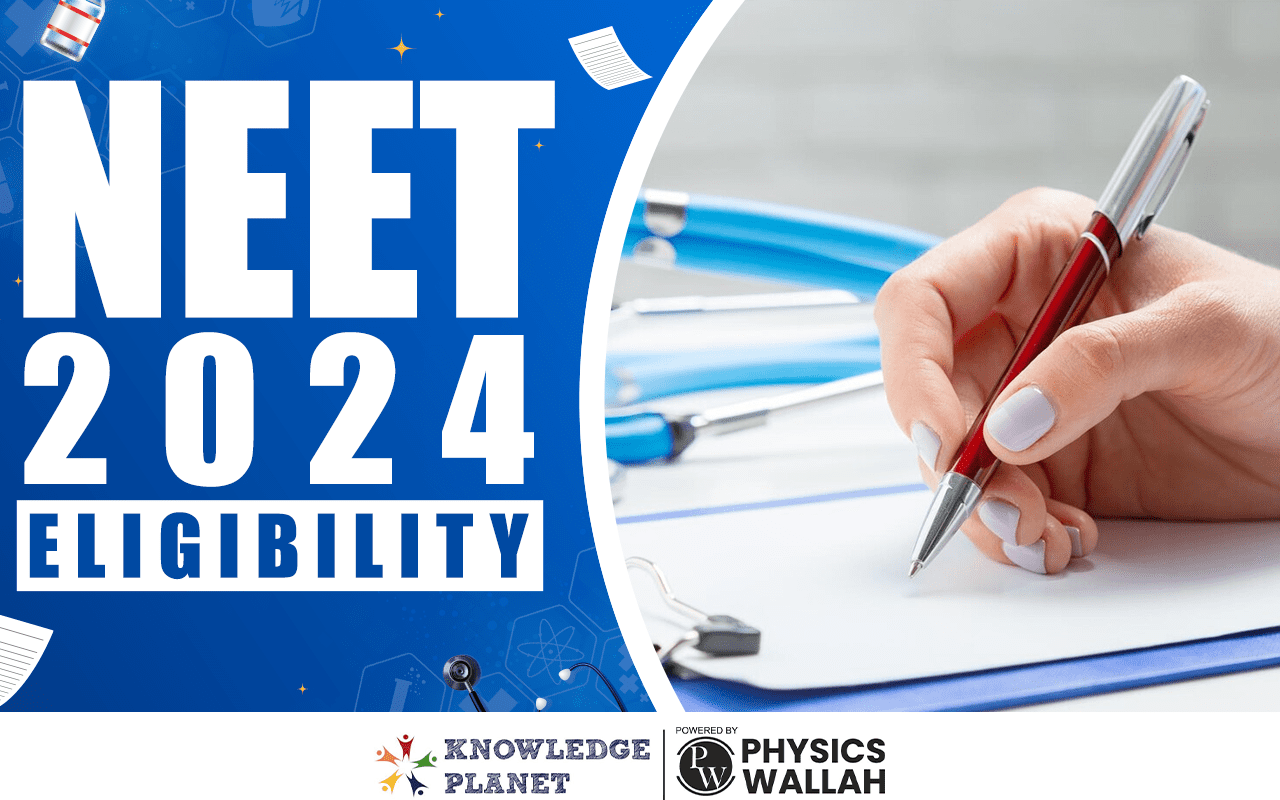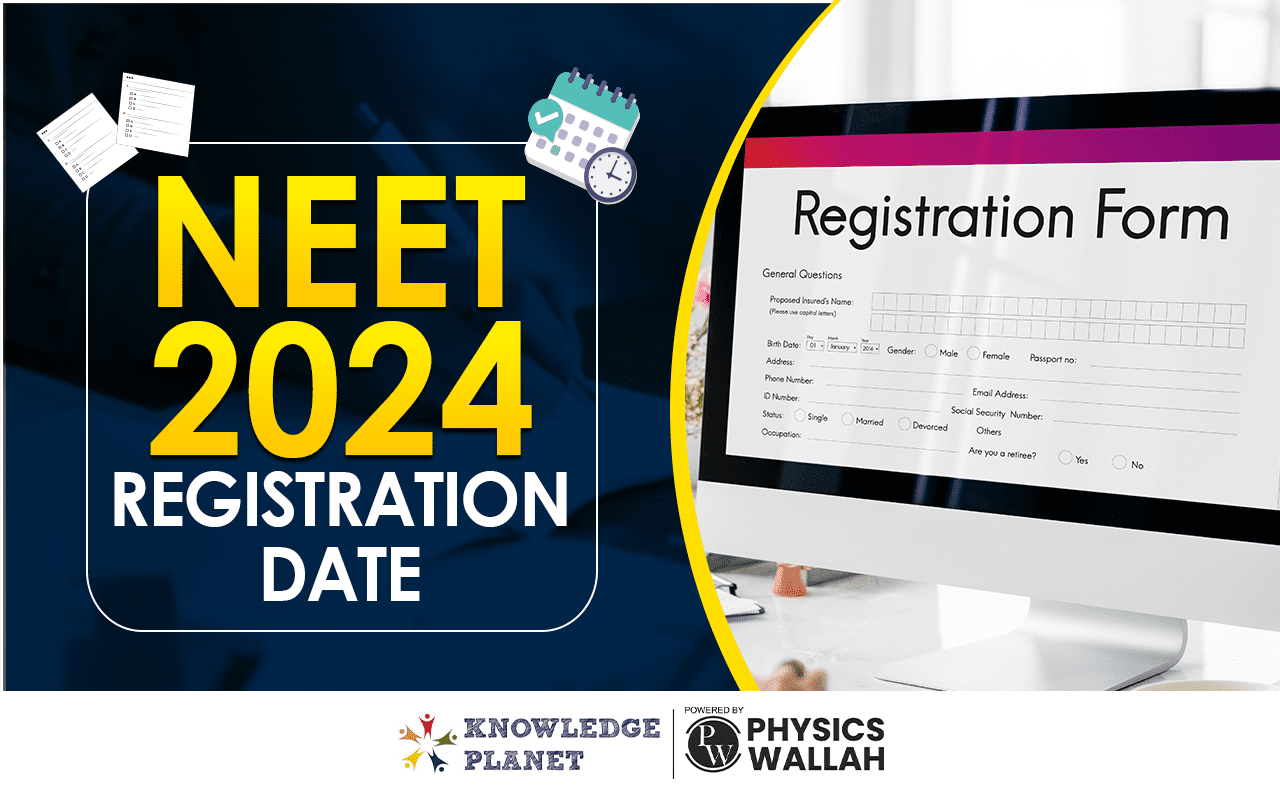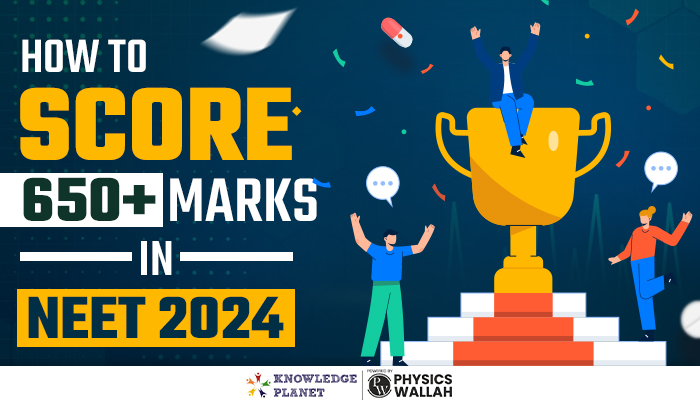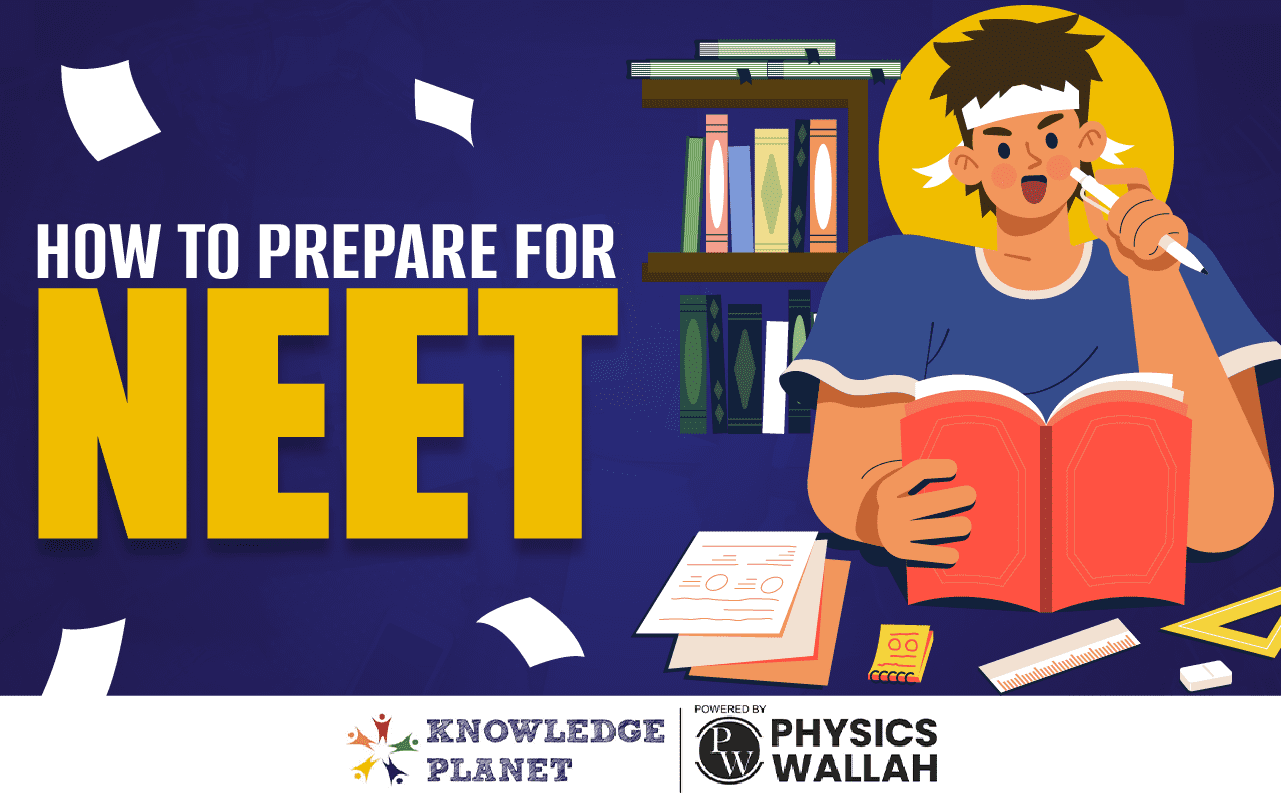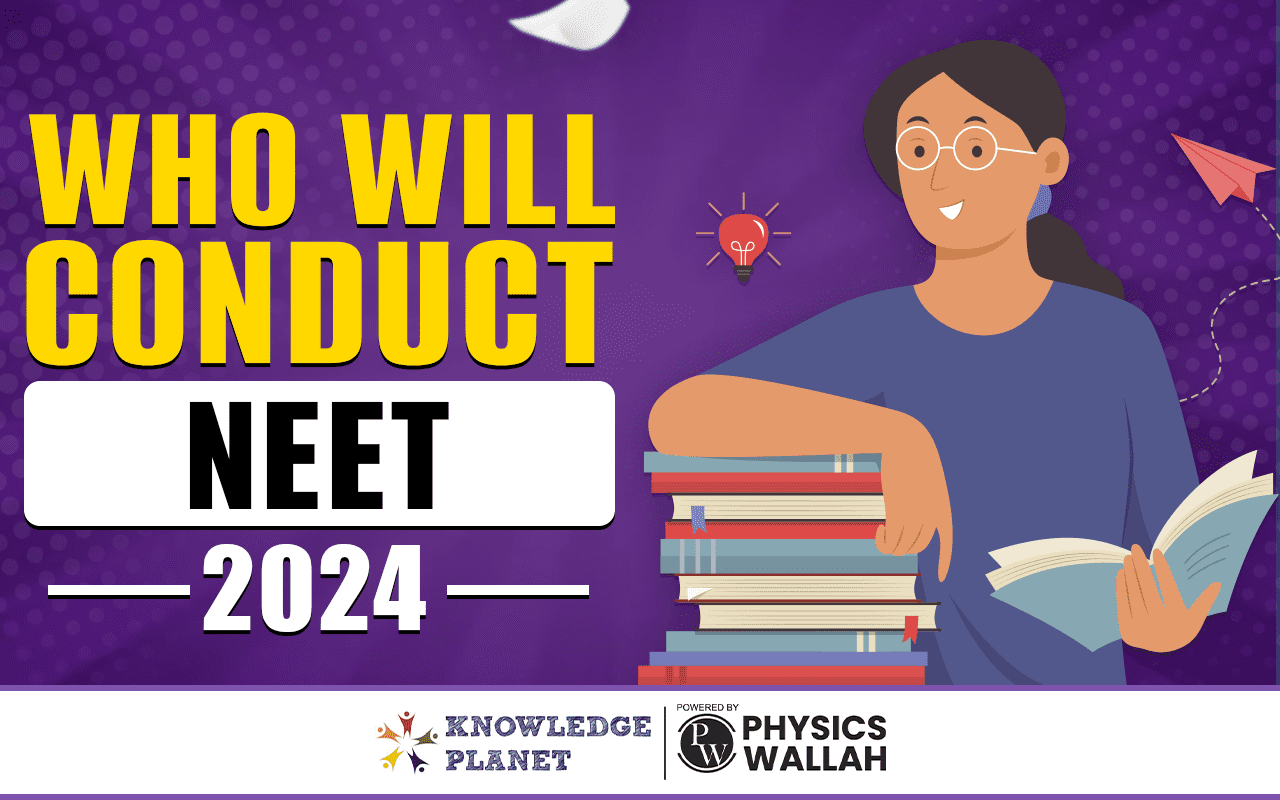How to Score 180 Marks in NEET Physics, Tips, Important Books, and Topics
NEET Score 180: Physics is the subject that is mostly considered the most challenging in NEET. But scoring 180 in Physics NEET can be achievable with the right approach. Many students get confused with concepts and calculations, but when they understand the exam pattern and practice strategically can make a huge difference. Below, we will discuss NEET score 180, NEET Physics preparation tips, NEET Physics strategy, and how to score good marks in NEET Physics with actionable steps.
Understanding NEET Physics and Syllabus
Before creating a preparation plan, it is important for students to know the NEET syllabus 2025 Physics. Physics in NEET includes topics from Class 11 and Class 12, and each has important chapters. Below, we’ve mentioned the topics, types of questions, and weightage:
|
Understanding NEET Physics and Syllabus |
|||
|---|---|---|---|
|
Class |
Important Chapters |
Type of Questions |
Tips for Scoring |
|
Class 11 |
Mechanics, Thermodynamics, Oscillations, Gravitation, Work, Energy and Power, Laws of Motion |
Numerical, Conceptual, Derivations |
Draw diagrams for Mechanics, revise formulas weekly, and practice numerical problems daily |
|
Class 12 |
Electrostatics, Current Electricity, Magnetism, Electromagnetic Induction, Optics, Modern Physics |
Numerical, Conceptual, Formula-based |
Practice circuits and capacitor problems, solve photoelectric and semiconductor questions, and use ray diagrams in Optics |
|
Weightage / Marks |
Combined topics from Class 11 & 12 |
High |
Focus on high-weightage chapters first, and maintain accuracy in numerical problems |
|
Minimum Marks in Physics for NEET |
N/A |
N/A |
Aim to cover all chapters; revise formulas and derivations regularly |
|
Physics NEET Questions |
Conceptual + Numerical + Derivations |
All types |
Understand concepts deeply; practice previous years’ questions to strengthen problem-solving |
Also Know: NEET Previous Year Question Paper PDF Download with Solutions (2014–2025)
How to Score 180 in NEET Physics?
NEET Score 180 requires a clear plan. Below, we’ve mentioned tips on how to score 180 in NEET Physics:
Step 1: Prioritize High-Weightage Chapters
Focus more on important topics like Mechanics, Electrostatics, and Modern Physics. Within these, pay special attention to subtopics such as Kinematics, Newton’s Laws, Capacitance, Photoelectric Effect, and Semiconductors. Start your preparation with these chapters to build a strong conceptual base. This approach helps improve your overall chances of achieving a NEET Score of 180 in Physics.
Step 2: Daily Problem Practice
Make it a habit to solve 40–50 problems daily from mixed difficulty levels, easy, moderate, and challenging. For example, in Mechanics, practice projectile motion and rotational motion regularly. Include both numerical and conceptual questions in your daily schedule. This consistent problem-solving practice improves your speed, accuracy, and problem interpretation skills.
Step 3: Maintain a Formula Sheet and Revise Regularly
Prepare a separate formula sheet for each Physics chapter. Revise it daily for at least 15–20 minutes, especially during short study breaks. Keep key equations, units, and constants in one place for quick reference. Regular revision of formulas ensures confidence during exam pressure and reduces last-minute confusion.
Step 4: Solve Previous Year NEET Papers
Go through at least 10 years of NEET Physics question papers. After solving, analyze your mistakes, classify them as conceptual, calculation-based, or formula-related. Identify patterns in recurring question types and strengthen weak areas. This helps in developing a strategic approach and boosts your score potential.
Step 5: Manage Time Effectively During the Exam
Allocate 45–50 minutes specifically for Physics during your NEET exam. Attempt easy questions first, followed by moderate and then tougher ones. Avoid spending more than 5–6 minutes on a single question. Practising time management ensures maximum accuracy and efficiency within the limited exam duration.
Also Know: NEET 5 Months Study Plan, Month Wise Preparation Tips
NEET Physics Preparation Tips
To score high in Physics NEET, it is important for students to know exactly what they need to practice and how. Even if students are new to Physics, following these tips daily can help improve their understanding and can help in achieving a NEET score 180 marks.
- Mechanics: Draw motion diagrams for kinematics, use vector representation, and write free-body diagrams for Newton’s laws. Visualises concepts and makes step-by-step problem solving easier.
- Electricity & Magnetism: Draw circuit diagrams to track current flow; practice capacitor problems in series and parallel; solve circuit-based numericals regularly. Strengthens conceptual clarity and improves speed in electrical problems.
- Modern Physics: Solve numericals on the photoelectric effect, Bohr’s model, and semiconductors repeatedly; highlight key formulas and constants. Reinforces formula recall and accuracy for high-weightage questions.
- Optics & Waves: Use ray diagrams for every optics problem; practise interference, diffraction, and wave-numericals frequently. Improves visual understanding and reduces calculation errors.
- Numerical Accuracy: Write intermediate steps for all calculations; always do a quick unit-check and rework suspicious answers. It minimises careless mistakes and increases reliability under exam pressure.
NEET Physics Strategy
A simple and organized NEET Physics strategy can help even beginners plan their preparation effectively. Follow these steps to improve their understanding and scores.
|
NEET Physics Strategy |
|||
|---|---|---|---|
|
Strategy Step |
What to Do |
Tips / Example |
Benefit |
|
Divide Topics by Difficulty |
Easy: Kinematics, Oscillations, Waves Medium: Thermodynamics, Current Electricity Hard: Modern Physics, Magnetism, Electrostatics |
Focus on easy chapters first, then medium, then hard |
Helps in gradual learning and builds confidence |
|
Weekly Revision Cycle |
Revise one major chapter per week and practice the previous year's questions |
Keep one day for a full-length mock test |
Ensures concepts stay fresh and improves exam readiness |
|
Error Analysis |
Maintain an error log of calculation or concept mistakes |
Revise mistakes weekly |
Helps you understand weak areas and improve accuracy (how to strong physics for NEET) |
|
Shortcut Techniques |
Use algebraic simplifications, unit analysis, and symmetry tricks in numericals |
Example: Use symmetry in projectile motion instead of separate calculations |
Saves time during exams and increases speed |
|
Integration of Theory and Numericals |
Connect theoretical concepts with numerical problems |
Example: Understand energy conservation before solving mechanics numericals |
Strengthens understanding and helps score 180 in Physics NEET consistently |
Recommended Books for NEET Physics
Choosing the right book for physics NEET can make preparation more effective for the NEET Score 180:
|
Recommended Books for NEET Physics |
|
|---|---|
|
Books |
Download Link |
|
NTA NEET Rankers Test Series 2025 |
|
|
NEET 13 Years PYQs (2025-2013) Chapterwise & Topicwise Solved Papers |
|
|
NEET Easy Handwritten Notes Inorganic Chemistry For NEET & JEE Main By Om Pandey |
|
Common Mistakes to Avoid in NEET Physics
Even advanced students make mistakes in Physics. Beginners can improve faster by avoiding these common errors for NEET Score 180:
1. Ignoring Concept Clarity for Numericals
Students often jump directly into solving problems without fully understanding the underlying theory. This leads to confusion and wrong answers, even for simple questions. Always focus on learning the concept before attempting numerical problems. Revise theory from NCERT and reference books, and relate formulas to real-world examples for better understanding.
2. Not Revising Formulas Regularly
Forgetting formulas during exams is a common issue that can cause you to lose marks, even if you know the concept. Prepare a separate formula sheet for each Physics chapter. Revise it daily or at least once a week. You can also use flashcards or sticky notes to make quick revisions easier.
3. Attempting Every Question in Order Without Prioritizing Easy Ones
Sometimes spending too much time on tough questions in the beginning wastes precious minutes, leaving less time for easier and scoring problems. During the exam, quickly scan the paper first. Solve easy questions first to build confidence, then move to medium and finally difficult questions. This ensures maximum accuracy and better time management.
4. Over-Reliance on Memorization
Students relying only on memorizing formulas and solutions without understanding their derivation make it difficult to solve new or twisted problems. Focus on understanding the logic behind each concept. Study derivations, apply formulas to different scenarios, and practice a variety of numerical questions to strengthen your application skills.
NEET Score 180 FAQs
Q1. Is it possible to score 180 in NEET Physics?
Ans: Yes, NEET Score 180 is possible with clear concepts, regular practice, and a proper strategy; it’s achievable.
Q 2 : Which chapters are most important for NEET Physics?
Ans: Mechanics, Electrostatics, Current Electricity, Optics, and Modern Physics are important topics for NEET Physics.
Q 3 : Which book is best for NEET Physics preparation?
Ans: Start with NCERT, then refer to H. C. Verma and DC Pandey for practice.
Q 4: How many questions should I solve daily for NEET Physics?
Ans: At least 20–30 mixed-level questions daily to improve speed and accuracy.
Q 5: How can I revise Physics formulas effectively?
Ans: Maintain a formula sheet and revise it for 15–20 minutes every day.







